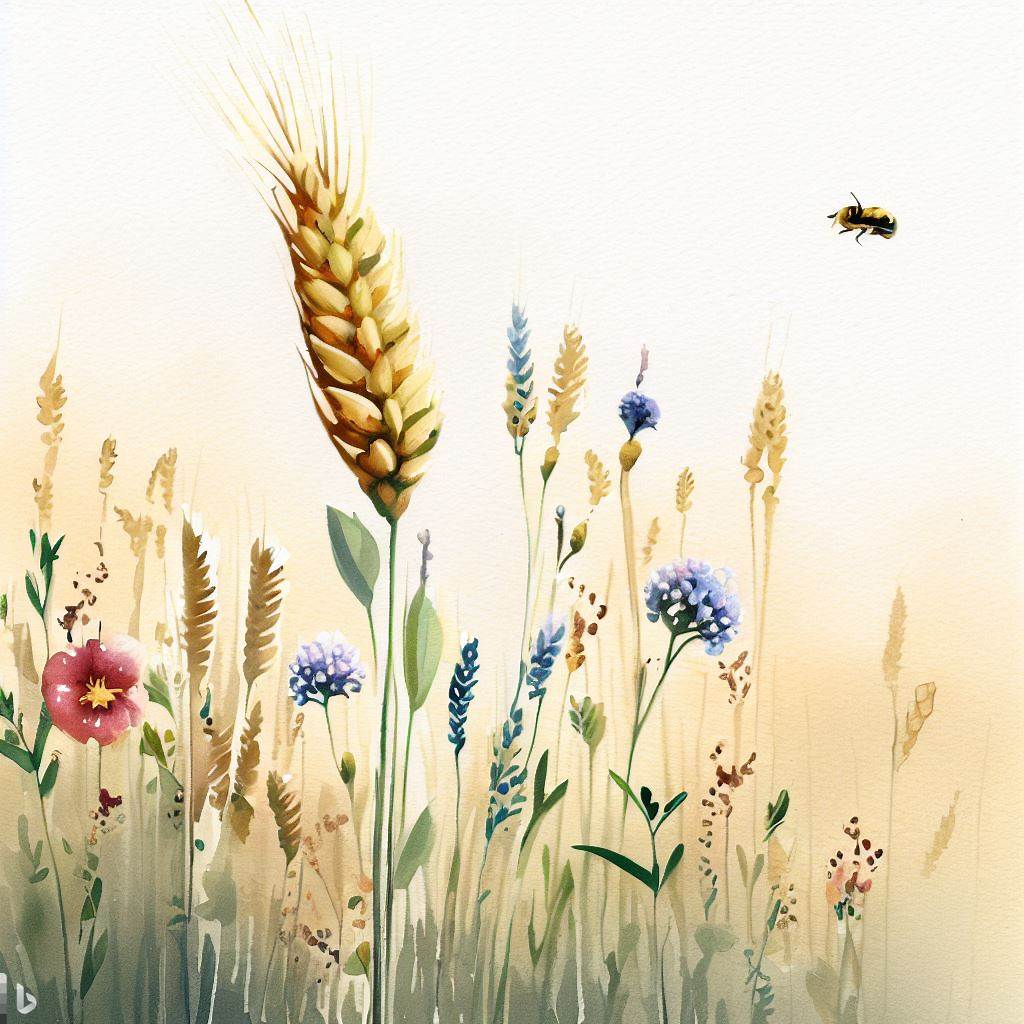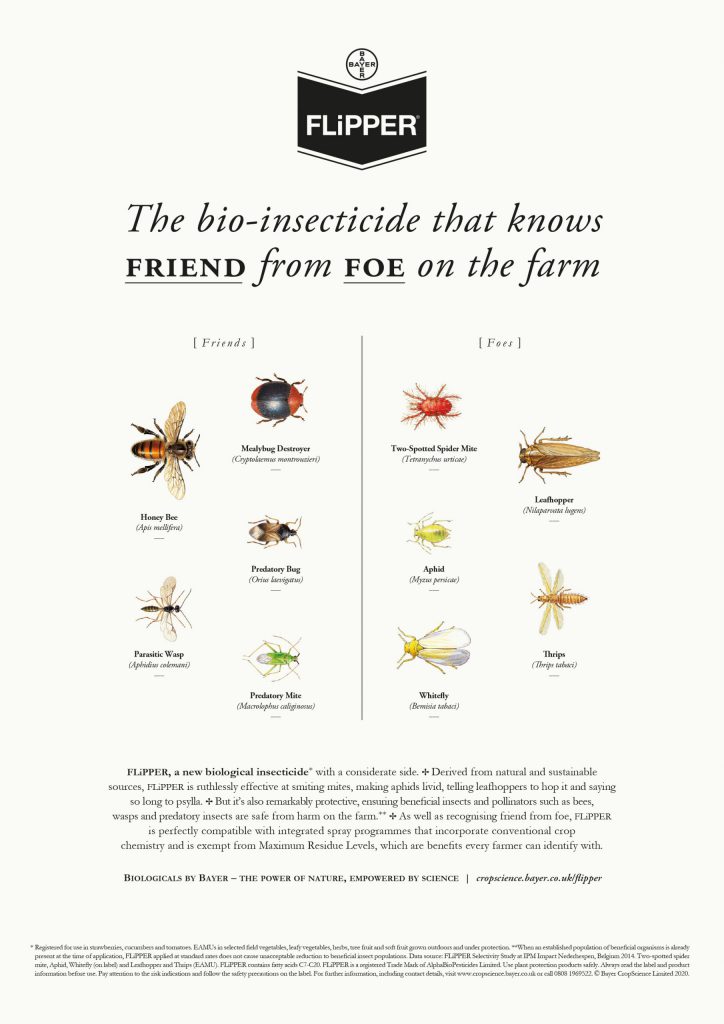Insecticide-free Farming: a great soundbite but does it make sense?
Insecticide-free Farming: a great soundbite but does it make sense?

There has been a lot in the agricultural trade press on the rollout of new Environmental Land Management Schemes (ELMs) as a way of rewarding farmers for delivering “public goods” – see for example this article in Farmers Weekly. On the ELMs webpage, DEFRA talk about “taking the opportunity of leaving the EU to phase out subsidies for land ownership and tenure and radically improve our services to farmers.” Whatever your views on Brexit or subsidies, that the unilateral phasing out of the single farm payment (SFP) automatically reduces a UK farmer’s competitiveness compared to their European Union counterparts. At least SFP is being phased out rather than just withdrawn.
DEFRA are developing their policy around ELMs by expanding “schemes to pay farmers and land managers to provide environmental goods and services alongside food production” and are also “providing one-off grants to support farm productivity, innovation, research and development”. These all make sense and recognise that such schemes are not about going backwards to a time of low productivity, something no one wants to see in times of rampant food inflation, but will need investment in innovative technologies and techniques if they are to succeed. The schemes will not appreciatively offset the loss of the single farm payment but so far so good.
The Devil is in the Detail
Looking into the detail however, one of the arable payments for the Sustainable Farming Incentive (SFI) includes the statement “no use of insecticide”. So to get this payment, a farmer would have to pledge to not use any insecticide on the fields covered by the SFI for three years. Now given we at AlphaBio Control do not know any farmer or grower that recreationally sprays any insecticide (or anything else for that matter), we find the idea that you can suddenly farm without insecticides an interesting one. Yes, there are farmers and growers whose situation means that they are not currently using insecticides but how keen would they be to commit to not using them for just £45 a hectare.

Rewriting IPM amidst a Changing Climate
The argument according to the website is that this will help to:
- support an IPM approach by managing crop pests in a more sustainable way that limits the impact of insecticides
- improve water and air quality and increase biodiversity
The first bullet rewrites 50 years of integrated pest management (IPM) in which the judicious use of insecticides is an integral part (alongside management practices, encouraging predators, choosing resistant varieties, etc). Insecticides are expensive and require specialised equipment and experience, so farmers invariably use them as a last result resort anyway.
The second bullet makes even less sense; why ban insecticides when herbicides are equally culpable by reducing weeds (aka wild flowers) and fungicides which reduce populations of fungi and mushrooms? Singling out insecticides makes no sense.
Where is the science that underwrites this concept? What is the point of a company like AlphaBio investing in the invention and development of award-winning insect control products, such as FLiPPER®, with very low environmental footprints, if they are lumped in with all other insecticides, whatever their impact on beneficial insects? The company may have a mission of improving agriculture one spray at a time but it would never advocate farmers putting our food production, and the livelihoods of farmers and growers, at risk.
Again, referring to their own commentary: “These reforms are essential to help us grow and maintain a resilient, productive agriculture sector over the long term and at the same time achieve our ambitious targets for the environment and climate, playing our role in tackling these huge, global challenges”.
Given that we are aware that the incidence of invasive species, including pests and diseases, is increasing as a result of climate change, encouraging farmers to commit to three years of not spraying insecticides seems very short-sighted.
It seems to us that insecticide-free farming may be good soundbite but it is bad policy.
